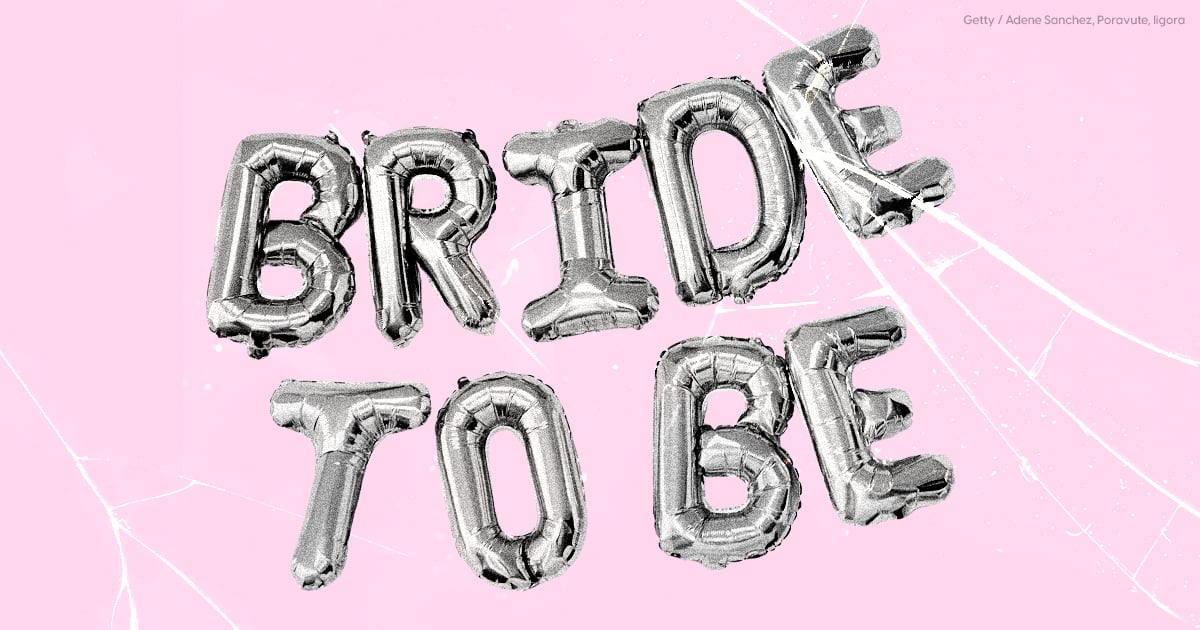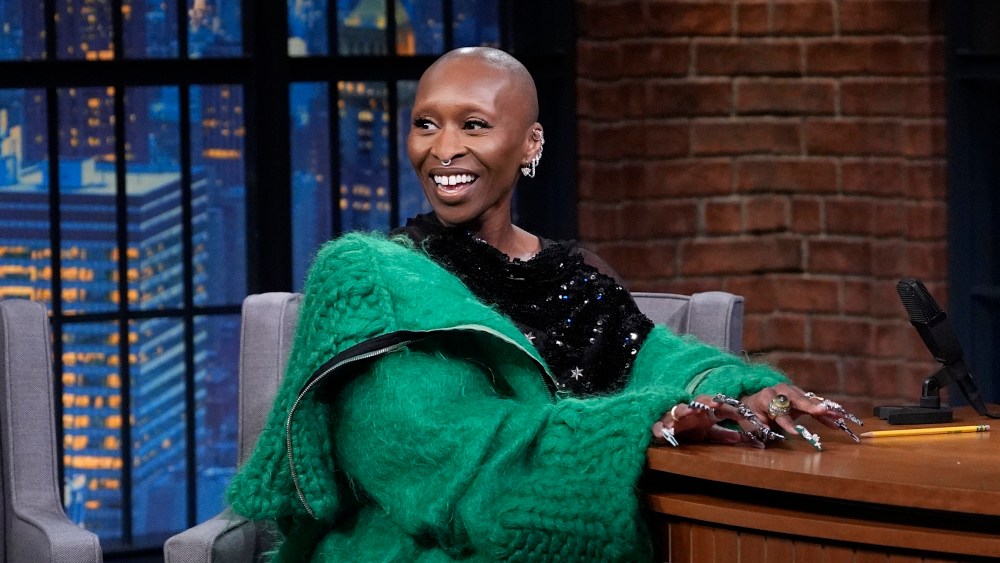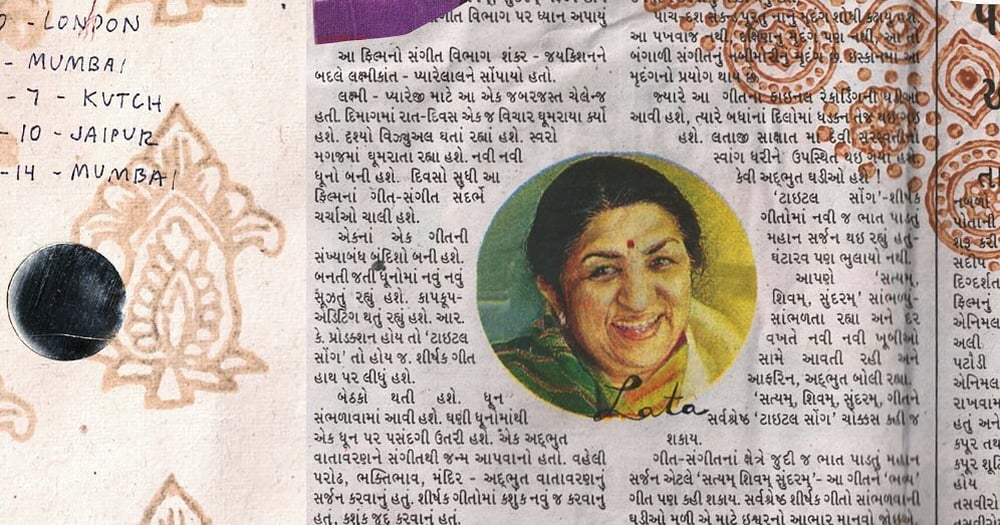Several years ago, I accepted a bridesmaid proposal from a friend I’d known for only five months. I was excited to meet my fellow bridesmaids – we were all attending her bachelorette trip to Miami, with plans to go on a boat tour, dine out, and have a pajama night. But the problems started immediately upon arrival.
I’d been doing cognitive behavioral therapy for months before the trip, partly due to ongoing depression, but I never relayed it to close friends, not wanting to put a damper on our hangouts or conversations. So when I arrived at the hotel and one of the other bachelorette attendees – who wasn’t a bridesmaid – requested to switch assigned rooms with me, it was triggering. I thought the attendee and her roommates disliked me, and the whole situation got worse when the attendee told a harsh joke that singled me out as “sensitive.” I kept my distance from her, only for the situation to escalate into hostility.
The tension grew throughout the weekend, and it became clear that the guest’s anger towards me was enmeshed with unresolved issues in her personal life and with the bride. The guest often glared at me while I was nearby, and she and her roommates pulled the bride aside for separate car rides and activities without everyone else. The initial tension came full-circle when the guest had a meltdown at a lounge we went to on the final night – and tried to convince the bride that I wasn’t her friend.
My roommates disapproved of her behavior; they saw it as a distraction from what was supposed to be a good time for everyone. I continued giving the guest her space and was eventually told that she was grieving the recent loss of a close relative. But while I understood her compounded grief, it felt misguided and unfair. I mainly felt isolated throughout the bachelorette trip, and the environment away from our home state seemed to ignite a survivalist “us vs. them” dynamic.
That attendee and I wouldn’t have contact again until the wedding, where, towards the end of the reception, she made a snide facial gesture towards me in passing. I didn’t see it, but my boyfriend did, and he confronted her. I was in yet another awkward position about whether or not to tell the bride, but when I reached out to her weeks later, I was met with silence – she’d blocked all forms of communication with me.
My negative thoughts went into overdrive, and the improvement I’d made in CBT was severely undone. The behavioral plan gave me strategies to think positively about my friendships, but the trip and its aftermath made me feel like I couldn’t even trust my choices in friends. While I now take new friendships more slowly – using discernment before throwing myself into special occasions that can impact my mental health – I realize that I’m not the only woman who has experienced quasi-reality show bachelorette party drama. Plenty of women have faced similar pre-wedding blowups; just see the “Miami trip curse.”
Many things are amplified in these settings: pre-wedding emotions are high, alcohol is flowing, and the trips are often expensive. Women who have been part of these unfortunate trips, as well as experts, say that these unique circumstances can lead to outsized drama.
Such was the case for Carmen*. She was traveling to Toronto for the annual festival Caribana for her bachelorette trip along with 12 other women, two of whom were her sisters. What should’ve been a celebration turned stressful right off the bat. A separate group of four – which included her sisters and best friend – landed earlier in the day, and attended a day party before the bride and everyone else arrived. The bride and the rest of the women wanted to relax before going to the event, Carmen says, but the earlier group began to rush them.
“It was a big disconnect because we took our time, but they were like, ‘Well we were waiting for y’all for two hours to get to the party and it’s kind of disrespectful to come super late,'” Carmen recalls.
Things came to a head between the separate groups, which led Carmen to cry in the middle of the event, and the feud lasted well into the weekend. “[There were] several people trying to remind my sisters and best friend, like, ‘This is about Carmen.’ I don’t think that that registered in their minds because they’re so close to me,” she says.
This is indicative of a central tension that can rise to the surface at many bachelorettes. “Everybody feels like you’re their number one, or ‘I have the better relationship with this person.’ You never really have to deal with it until everybody’s put into one space and fighting for your attention,” Carmen explains.
Meanwhile, YouTuber Herine had two bridesmaids fail to show up to her bachelorette party altogether, and their distance ultimately caused so much friction that she ended communication with them after her wedding.
“They chose not to come and everybody just had a great time without them,” Herine says. “When they’re around, they always want to do their own things. For example, let’s say we want to take some pictures together. They’re already in the corner taking their own pictures and then eventually they’ll just be like, ‘Okay, let’s just jump in the group picture.'”
She adds, “They made it awkward when they came around because they didn’t really want to be there, but it’s like, ‘Why did you say yes when I asked you to be my bridesmaids?'”
“It’s actually just made me reconsider the friendship that I have with the bride. I’m always sticking my neck out for her.”
But just as weddings are supposed to be about the bride, they can also be a huge investment for bridesmaids. Chanel Jack, a friendship coach and founder and CEO of Girl Code Media, explains that that’s where some of the tension can come in.
“Weddings are big days for brides. It’s really supposed to be ‘about her’ and [that’s what] society has made it seem. However, you’re dealing with so many different people. So technically, it isn’t just about you,” Jack says.
Such has been the case for Crystal*, who was three hours away from going to her best friend’s bachelorette weekend cabin trip at the time of our phone interview. As a bridesmaid, she’s been contemplating ending her friendship with the bride because of a rift among the larger group.
“I’ve done the work. I’ve [shown] up when other people haven’t for her,” Crystal says. “But I know that she has another group of friends that I don’t really vibe well with. They’re a little spoiled; they’re very hoity-toity and have kind of assumed the role of maid of honor.”
According to Crystal, the group of friends also planned the bride’s wedding dress fitting and didn’t invite her. “They had the nerve to send me a text message and be like, ‘Hey girlie, we decided on a dress but it’s about $1,000 outside of the bride’s budget. Do you have $500 to spare in donation?'”
When Crystal refused, explaining they didn’t give her enough time to prepare for the massive cost, the bridesmaids reacted with contention, according to Crystal. “I basically was just like, ‘I don’t have $500 to give you. $200 dollars was already pushing it for the bachelorette weekend.’ And then they removed me from the group chat. So I’ve been kind of clueless when it comes to everything,” she says.
As for Crystal’s relationship with the bride, it’s now at a crossroads – even though she and her boyfriend introduced the bride to her now-fiancé. “It’s actually just made me reconsider the friendship that I have with the bride. I’m always sticking my neck out for her,” she says. “I’ve kind of in my head decided, ‘Okay, after the wedding is over and after all of this comes to a close, I’m just gonna slowly start separating myself. You had your wedding and now I’m gonna go find friends that treat me better.'”
Although competition and jealousy can be touchy subjects within bridesmaid groups, they should be dealt with head on, preferably before bachelorette festivities, according to Jack. But if things do become hostile at bachelorette parties, Jack encourages open and innocuous conversations.
“Some things are not a cut-off situation; it’s just when the bride is going through a high-stress situation, she’s probably not thinking right,” Jack says. “It’s okay to have grace for people in certain seasons where they might not have handled everything the best.”
Jack also recommends having a heart-to-heart somewhere away from the rest of the group so as to not stir up more drama. And ultimately, Jack’s message is simple for anyone in the bachelorette party crew: “Tell the person how you feel.”
“Affirm your relationship with the person,” she adds. “Don’t blame the person for anything, but just get better at telling a person how you feel, and in a secluded area where there’s nobody around to inject their opinions or comments – which makes the fire even bigger.”
Many bachelorette parties are enjoyable (and sans a traumatic ending), but if things go off course, check in with yourself while being patient and open with the bride and other bridesmaids and friends around you. As Jack puts it, “We have to kind of humanize each other a little better, especially as women. We have to teach each other how to treat us.”
*Names have been changed to protect the women’s privacy.
Jaelani Turner-Williams is a culture writer based in Los Angeles. The Ohio State University graduate specializes in digital and print media, having contributed to PS, Chartmetric, Elle, the Los Angeles Times, Rolling Stone, Teen Vogue, and more. Apart from her freelance work, she’s the executive editor of biannual culture, fashion, and lifestyle publication Tidal Magazine.




